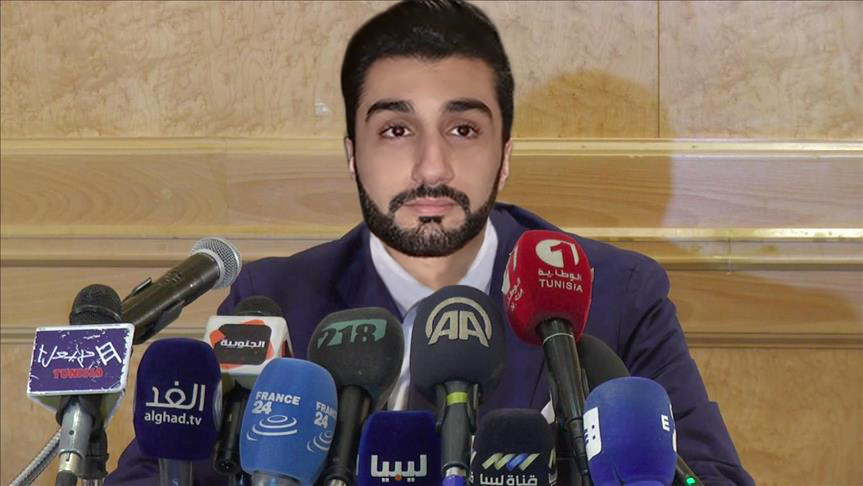As the grandson of Libya’s last ruler Idris al-Senussi, Elmahdi Senosi has proposed that he head the country’s transitional period if the country’s 1951 post-independence Constitution is restored.
Senosi said late Thursday that the safest and most effective way to a swift resolution that pleases everyone in Libya is to return to the 1951 Constitution since it is the only constitution representing constitutional and legal legitimacy in the country.
There is agreement among all sides that this solution should be implemented under the auspices and guidance of a national consensus figure with social, historical, and political aspects agreed upon by everyone.
According to him, “I offer myself to perform this position in a transitional time when the reorganization and construction of the state would occur.”
With King Idris as head of state, the Libyan National Assembly ratified the country’s first constitution in October 1951.
Gaddafi toppled the king in a coup in 1969, which led to abolishing both the monarchy and the country’s constitution.
Said Senosi, “I don’t want to reinstall the monarchy, nor do I want the Libyan people to choose for themselves, but I want to leave them with the freedom of choice.”
Because of “the challenging security scenario,” Elmahdi Senosi said, it won’t be able to conduct elections in the next year.
Libyan unity government head Fayez al-Sarraj and the self-styled “Libyan National Army” commander Khalifa Haftar agreed to a ceasefire, disarmament, and the establishment of a unified army under civilian command, and 2018 elections, according to French President Manuel Macron. The agreement was made during a meeting in Paris on July 25.
Since 2011, when a brutal public revolt resulted in the ousting and murder of longstanding leader Muammar Gaddafi, Libya has been in a state of bloodshed and chaos.
Three years after Qaddafi was a deposed, a 2014 election led to two competing centers of power, the U.N.-recognized Government of National Accord in Tripoli in the west and a separate eastern-based parliament in Tobruk affiliated with the forces of Khalifa Haftar. Yet after 10 years of civil war, Libyans remain pessimistic, as the historical realities of conflict in their country often remain ignored by the international community.
More than 4 competing governments and a slew of competing militia organizations have emerged since the revolution unleashed the country’s long-simmering social and political tensions.
Libyans must determine how to go as the country faces an exceedingly difficult political transition with international pressure to implement transitional justice systems. In the best of conditions, transitional justice goals are difficult to achieve, but Libya’s current situation—and history—adds layers of complication to non-recurrence of crimes, truth-telling, holding offenders accountable, delivering compensation to victims, and government reform. It may not be the right time to revisit and judge this traumatic past.



